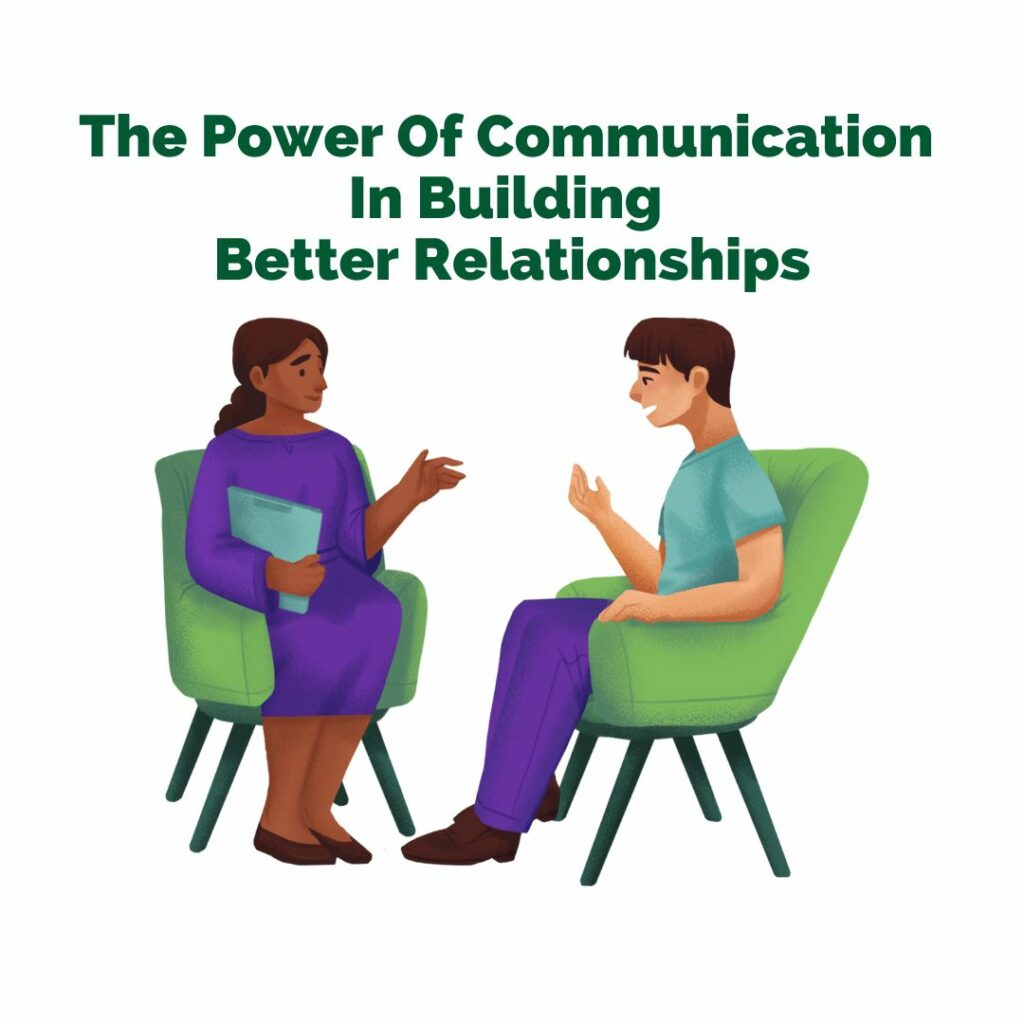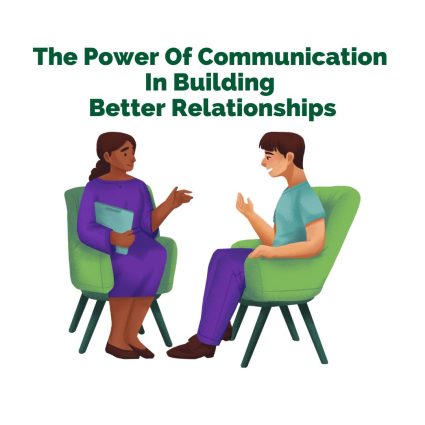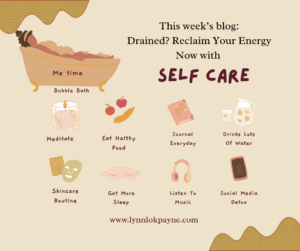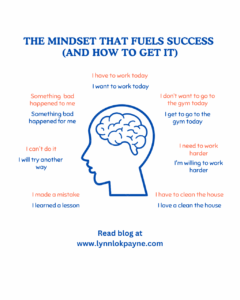
Communication is the lifeblood of human interaction. It is the means by which we share information, express our thoughts and emotions, and build relationships. In every aspect of life—personal, professional, and social—effective communication is key to success. Let’s explore why this is so important and how it impacts various areas of our lives.
The Importance of Communication
Building Relationships: Communication is the foundation of all relationships. It allows us to connect with others, understand their perspectives, and share our own. When you communicate effectively fosters trust, intimacy, and mutual respect, which are essential for healthy relationships.
Conflict Resolution: Misunderstandings and conflicts are inevitable in any relationship. Good communication skills enable us to address issues calmly and constructively, leading to resolution and stronger bonds.
Enhancing Collaboration: In professional settings, effective communication is crucial for teamwork. It ensures that everyone is on the same page, working towards common goals, and able to share ideas and feedback openly.
Improving Productivity: Clear dialogue helps in setting expectations, providing instructions, and conveying important information. This reduces errors, saves time, and enhances overall productivity.
Promoting Understanding and Empathy: Communication allows us to understand others’ feelings and viewpoints. By listening actively and expressing ourselves clearly, we can foster empathy and create a more inclusive and supportive environment.
Facilitating Decision-Making: Good communication is essential for making informed decisions. It ensures that all relevant information is shared and considered, leading to better outcomes.
Driving Change and Innovation: Open dialogue encourages the exchange of ideas and feedback, which is vital for innovation and improvement. It creates a culture where creativity is valued, and new solutions are explored.
Building Reputation and Trust: For businesses and leaders, effective communication is key to building a positive reputation and gaining trust. Transparent and honest communication with stakeholders, employees, and customers fosters loyalty and confidence.
Key Components of Communicate Effectively
Active Listening: Communication is a two-way process. Active listening involves fully concentrating on the speaker, understanding their message, and responding thoughtfully. It shows respect and helps build stronger connections.
Clarity and Conciseness: If we can be clear and concise, we can avoid misunderstandings. Be specific and to the point, ensuring your message is easily understood.
Nonverbal Communication: Body language, facial expressions, and tone of voice play a significant role in how we come across. Being aware of these cues can enhance your message and help you understand others better.
Empathy and Respect: Effective communication requires empathy and respect for others’ viewpoints and feelings. It involves being open-minded and valuing diverse perspectives.
Feedback: Providing and receiving feedback is essential for growth and improvement. Constructive feedback helps clarify expectations, improve performance, and build trust.
Adaptability: Different situations and audiences require different styles. Being adaptable and understanding your audience’s needs and preferences enhances your effectiveness.
Overcoming Differences
Language Differences: Language barriers can hinder they way we communicate. Use simple language, avoid jargon, and consider using translation tools or services when necessary.
Cultural Differences: Cultural variations can affect communication styles and interpretations. Be aware of cultural norms and practices, and approach differences with sensitivity and respect.
Technological Challenges: In today’s digital age, communication often relies on technology. Ensure you are familiar with the tools you use and practice good digital etiquette.
Emotional Barriers: Emotions can impact how we communicate and interpret messages. Practice emotional regulation and strive to communicate calmly and objectively.
Assumptions and Misunderstandings: Assumptions can lead to misunderstandings. Always seek clarification and ensure that your message is understood as intended.
Better Communication Creates Better Relationships
Communication is a fundamental aspect of life that impacts our relationships, work, and personal growth. By developing effective skills in this area, we can build stronger connections, resolve conflicts, enhance collaboration, and drive positive change. Whether in personal interactions or professional settings, the ability to communicate clearly, empathetically, and respectfully is invaluable.
Effective communication is not just about exchanging information; it’s about understanding the emotion and intention behind the information. By prioritizing clear, empathetic, and active correspondence, we can bridge gaps, build lasting connections, and create a more harmonious and productive world. So, let’s commit to improving our communication skills and reaping the benefits of stronger, more meaningful interactions.
For more insights on communication, read this blog https://professional.dce.harvard.edu/blog/8-ways-you-can-improve-your-communication-skills/





